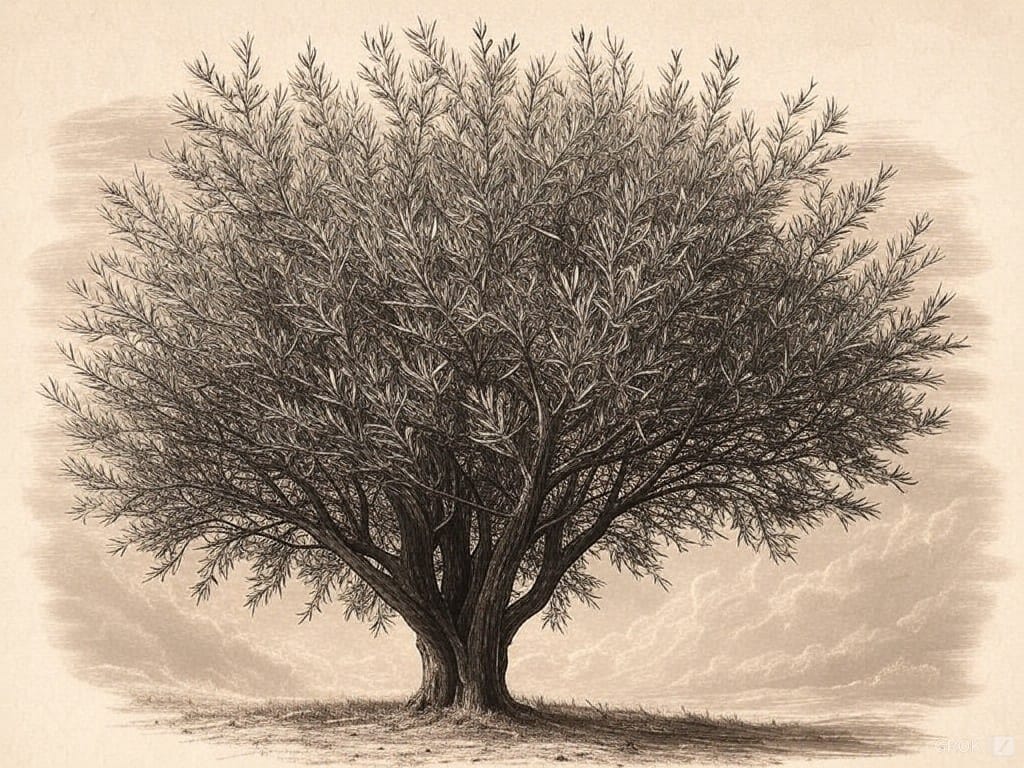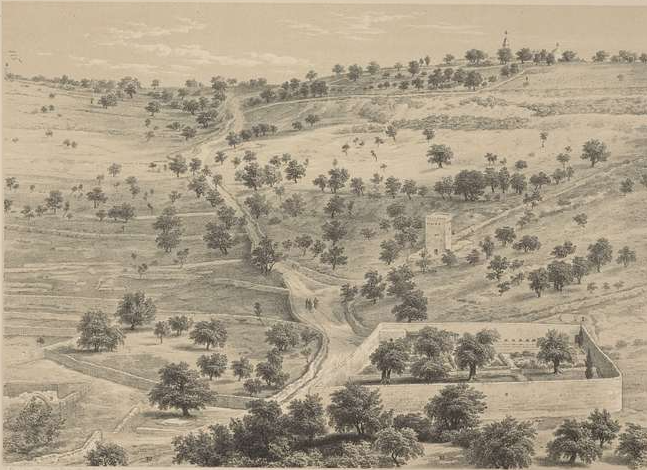Pruning the Mother Tree

Personal Column
This is the first of two personal columns on the subject of institutional crisis.
Maybe the most challenging trial of our time is witnessing our most cherished institutions succumb to corruption. Ordinary and faithful generations of our ancestors have given the best of themselves altruistically to the central institution of our lives. In a figurative sense, they dedicated their noblest labors to the planting, grafting, and cultivation of fruit for a mother olive tree in a vineyard. Their hope was always that the tree would stand through generations of time to provide that fruit to their unknown posterity, blessing them without expecting reward or thanks. This innate desire is the kernel of divinity in humans. Which is why it must be one of the most grievous things to witness its rot in one’s own lifetime.
Of course I did not invent this analogy. It has been with us all along, in plain view. And I believe that this metaphor holds answers for our future hope, conduct, and ultimate success. Zenos' allegory includes a servant in a vineyard who asks the following upon viewing its corruption, even of the mother tree:
Is it not the loftiness of thy vineyard—have not the branches thereof overcome the roots which are good? And because the branches have overcome the roots thereof, behold they grew faster than the strength of the roots, taking strength unto themselves. Behold, I say, is not this the cause that the trees of thy vineyard have become corrupted?
What is meant by the loftiness of the high branches of a mother tree sucking the life out of the roots of the tree? Could it mean that the elite authorities of an institution can act selfishly? Or that they might use the strong, selfless history of an organization for their own benefit? To puff themselves up with economic advantage, with expensive clothing, and with moral posturing instead of genuine hardship inherent in selfless service? Could such behavior threaten the future of the institution, or even its very existence? If the mother tree is a metaphor for our institution, what does it mean that its top is also prone to corruption, that it must be saved by lowly servants? In such a scenario, surely the last would be first and the first would be last.
The analogy provided new meaning to me after I visited two different areas of Utah with my children. The first was the City Creek Mall in downtown Salt Lake City. The Gucci-like stores were filled with beautiful clothing and items, bright colors, vivid displays, designer bags, gourmet snacks, imported extravagances, and accouterments that I can’t imagine any normal person being able to afford. Certainly not by the people who made them, wherever in the world they might live. Then I visited the streets of Beaver, Salinas, Gunnison and other rural areas in Utah, where the children of the Pioneers have lived, worked, struggled, starved, and given thanks for it all. Driving through the main streets and neighborhoods, I saw abject poverty, lack of resources, lack of infrastructure, and old, scattered and broken automobiles. But most striking, I saw the look of desperation on individual’s faces as they walked home from their churches, their dollar stores, and their $9/hr jobs. I couldn’t help but think that their faces exhibited the very roots of our heritage having the life sucked out of it.
But what did I eventually learn by reading about the servant in Zenos’ allegory?
- That I should not participate in burning the tree or hewing it down.
- Further, I read that I should actually plead with the Lord that it be spared, at least a little while, from the inevitable corruption that must consume all human organizations that are not chastened into reform.
- That I patiently and persistently labor with the tree, helping to identify the most corrupt parts, and facilitating their exposure and removal. I should help to graft new life into the tree, based on principles of vitality, utility, freedom, humility, neighborly love, and genuine altruism. I should help protect the roots of the tree and eschew anything that would threaten them.
- I should look forward to gathering more good fruit from the tree and helping to store it up for our posterity.

This model works for me. As it turns, out, I love watching things grow, even metaphorically. I think that this can be a joyful task. Whatever insults may come to any of the servants in the vineyard, we can inspire each other with courage and devotion--and most of all truth.
